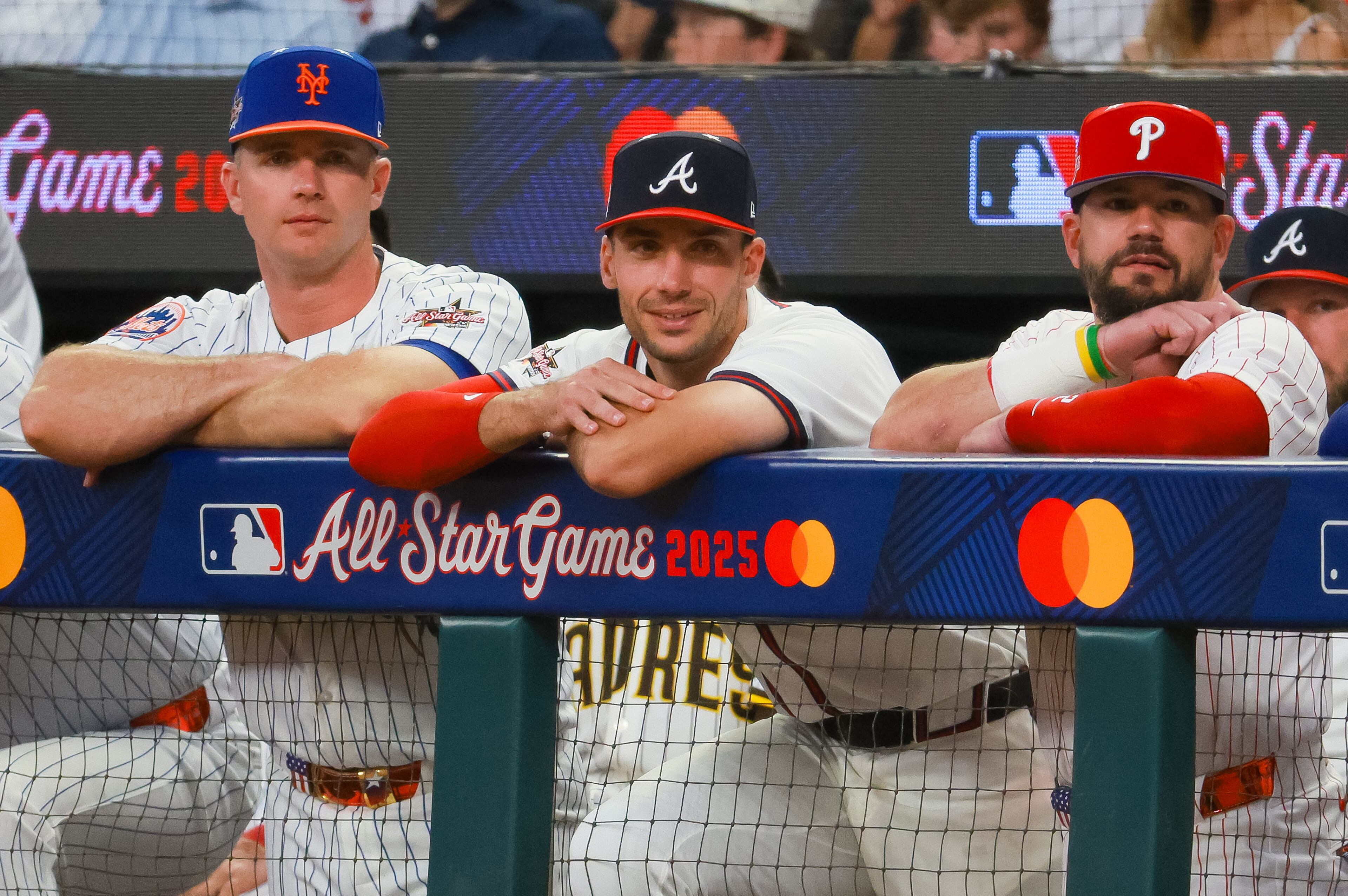Inside the stat: Wins Above Replacement
• What is WAR? WAR stands for Wins Above Replacement. WAR uses several components to measure how much a player's production contributes to his team's record. Organizations use the single value to evaluate a player's contribution to wins and what a replacement player could add. Beyond wins, WAR can determine a player's monetary value to a team.
• About the calculations. There are several versions of WAR. The most popular ones are created by FanGraphs (fWAR), Baseball-Reference (rWAR) and Baseball Gauge (gWAR). All of these use the same framework but different statistics to calculate offensive, defensive and pitching value. Each version could give a different value for the same player.
• What do the numbers mean? Sean Smith of BaseballProjection.com gives this scale for WAR values: 8+ for an MVP quality player; 5+ for an All-Star quality player; 2+ for a starter; and 0-2 for a reserve player.
• 'Simple' math. Here's an example of a "simple" WAR calculation for Braves first baseman Freddie Freeman based on his career numbers. The parameters used for this calculation include homers (73) + walks (194) + strikeouts (415) + stolen bases (7) + BABIP (0.335) + plate appearance (2,002) + games (492). (BABIP - Batting Average on Balls in Play - consists of hits, homers, at-bats, strikeouts and sacrifice flies.) These attributes add up to a WAR value of +14.5 and a monetary value of $65 million — position and fielding also help determine this value. Freeman, an All-Star last season, signed an eight-year, $135 million deal this offseason.


